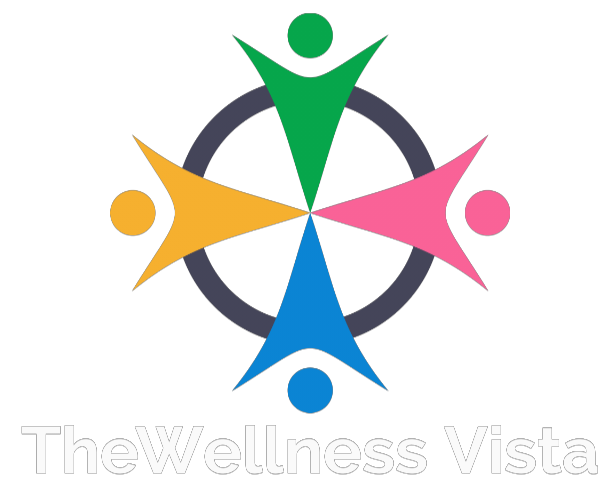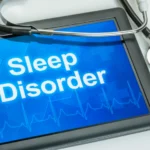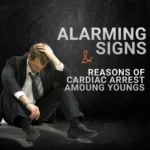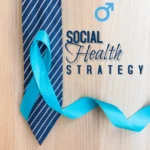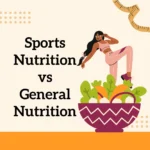Before we look into the warning signs of cardiac arrest its important to understand the reason for rise in cardiac rates. In recent years, a concerning trend has emerged in the realm of cardiovascular health – an alarming increase in the occurrence of cardiac arrests among young adults. While traditionally associated with the elderly, cardiac arrests striking individuals in their prime have become a cause for serious concern.
This article seeks to unravel the enigma behind the rising rate of cardiac arrests in the younger demographic and shed light on five critical warning signs that demand attention. Exploring the factors contributing to this alarming shift is crucial for developing targeted preventive measures and fostering a broader understanding of the complexities surrounding heart health in younger populations.
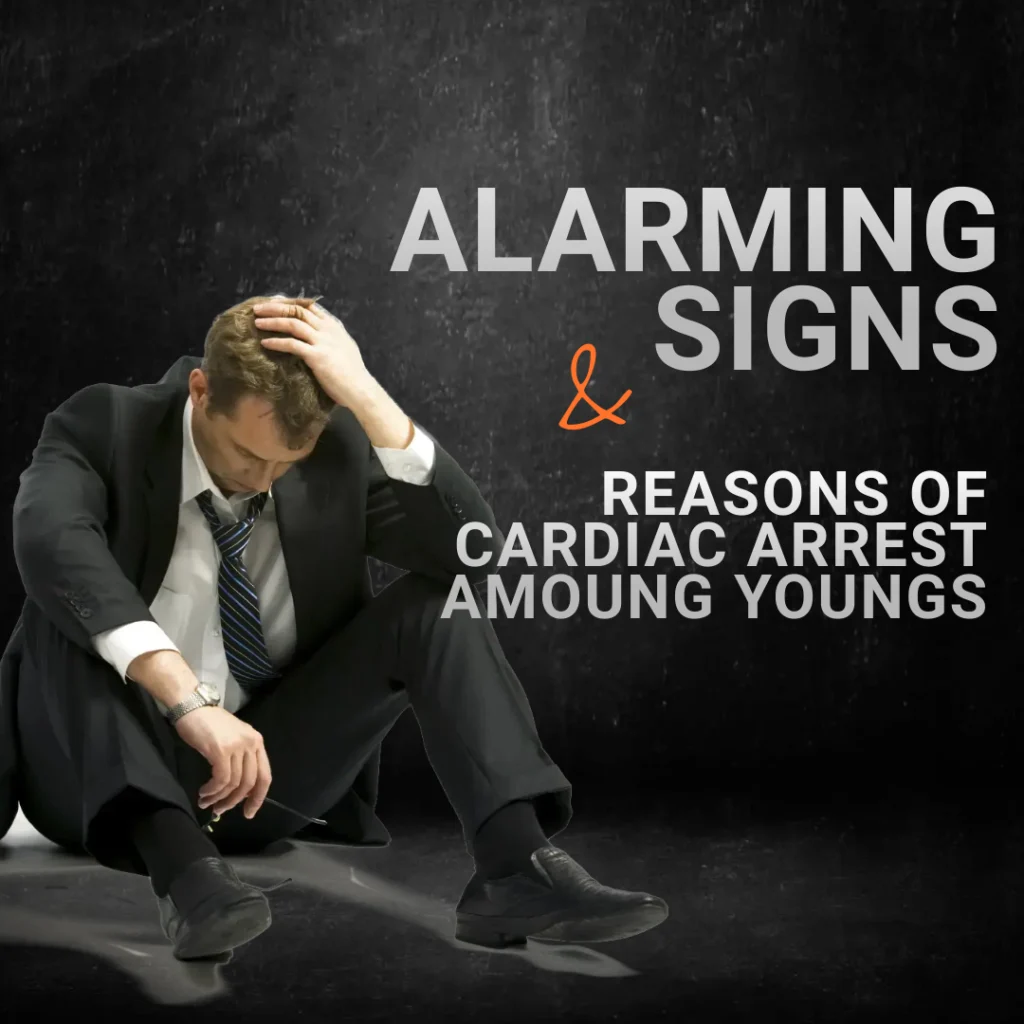
Table of Contents
Reasons of Rise of Cardiac Arrest in Young Adults

- The Unsettling Rise in Young Adult Cardiac Arrests: The narrative surrounding cardiac arrests has shifted, with an unsettling increase observed among young adults. This shift challenges preconceived notions about the age groups susceptible to such life-threatening events. Understanding the factors contributing to this surge is imperative for developing targeted preventive measures.
- Sedentary Lifestyles and Poor Dietary Choices: One prominent factor linked to the surge in cardiac arrests among young adults is the prevalence of sedentary lifestyles and poor dietary choices. Modern life often involves extended periods of sitting, compounded by the consumption of processed foods high in salt and saturated fats. These lifestyle choices contribute to obesity, hypertension, and other cardiovascular risk factors, amplifying the likelihood of cardiac events.
- Undiagnosed Heart Conditions: Another aspect adding to the complexity of cardiac arrests in young adults is the presence of undiagnosed heart conditions. Unlike older individuals who may undergo routine screenings, young adults might be unaware of underlying cardiac issues. Conditions such as arrhythmias, congenital heart defects, or genetic predispositions can elevate the risk of sudden cardiac arrests.
- Stress and Mental Health Impact: The fast-paced nature of contemporary life brings with it heightened stress levels, adversely affecting mental health. Chronic stress has been linked to cardiovascular issues, including an increased risk of cardiac arrest. Young adults facing academic pressure, work-related stress, or mental health challenges may unknowingly be putting their hearts at risk.
- Substance Abuse and Recreational Drugs: The use of recreational drugs and substance abuse is a significant contributor to cardiac arrests in young adults. Certain substances, including stimulants and illicit drugs, can disrupt the heart’s normal rhythm and trigger cardiac events. Recognizing the impact of substance abuse on heart health is crucial in addressing this alarming trend.
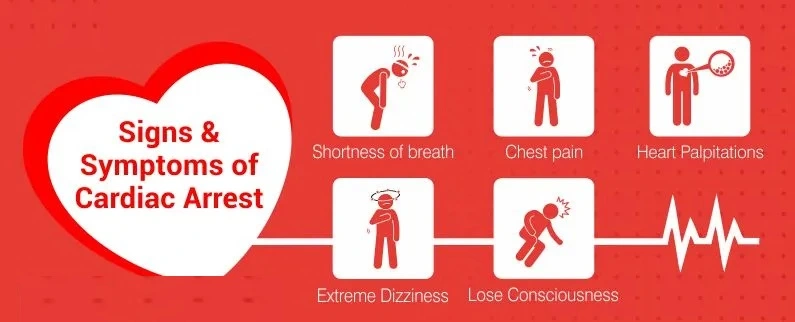
warning signs of cardiac arrest
Now that we have read about some of the reasons of cardiac arrest among young adults, now lets unfold some of the major warning signs of cardiac arrest.
- Chest Discomfort or Pain: One of the primary warning signs of cardiac arrest is chest discomfort or pain. Young adults should pay attention to any unusual sensations in the chest, such as pressure, squeezing, or pain, which can radiate to the arms, neck, jaw, or back.
- Shortness of Breath: Sudden and unexplained shortness of breath is another critical warning signs of cardiac arrest. Difficulty breathing or a feeling of breathlessness, especially during physical activity or at rest, should not be ignored and warrants prompt medical attention.
- Dizziness and Lightheadedness: Frequent episodes of dizziness or lightheadedness can signal an underlying cardiovascular issue. Young adults experiencing these symptoms, particularly when accompanied by chest discomfort, should seek immediate medical evaluation.
- Irregular Heartbeat (Arrhythmia): An irregular heartbeat, or arrhythmia, can be indicative and a warning signs of cardiac arrest condition. Young adults noticing palpitations, fluttering sensations, or a racing heart should consider it a warning sign and consult with a healthcare professional.
- Unexplained Fainting or Loss of Consciousness: Sudden episodes of fainting or loss of consciousness, without an apparent cause, should prompt an immediate and thorough medical assessment. This assessment is essential for identifying and addressing the underlying factors that contribute to these alarming events. Given the potential gravity of such symptoms, immediate attention is crucial for early intervention. Detecting and managing any cardiac issues early on significantly reduces the risk of a full-blown cardiac arrest. Therefore, a proactive approach to these warning signs not only ensures individual well-being but also underscores the importance of timely medical attention in safeguarding against potentially life-threatening cardiovascular events. This is one of the crucial warning signs of cardiac arrest.
Conclusion: A Call to Action
The surge in cardiac arrests among young adults serves as a poignant call to action, demanding a comprehensive approach to address the root causes and implement preventative measures. Understanding the intricate web of contributing factors and being able to recognize the warning signs are pivotal steps in averting potential tragedies. Young adults find themselves at a juncture where intentional steps must be taken to prioritize heart health.
This entails embracing lifestyle modifications that promote cardiovascular well-being, including regular physical activity, a heart-healthy diet, and effective stress management. Moreover, integrating routine health check-ups into one’s life becomes paramount, serving as crucial checkpoints for assessing cardiovascular health, identifying potential risk factors, and initiating timely interventions.
Fostering a culture of heightened awareness is equally essential. Young adults need to be equipped with knowledge about the warning signs of cardiac arrest, understanding that symptoms like chest discomfort, shortness of breath, irregular heartbeats, and unexplained fainting should prompt immediate medical attention.
Ultimately, a collective effort is required to create a culture of proactive cardiovascular care. Through education, awareness campaigns, and individual commitment, we can work towards reversing this concerning trend. By doing so, we not only safeguard the current generation but pave the way for a healthier future for young adults, promoting enduring well-being for generations to come.
This article talks about warning signs of cardiac arrest ,however to know more & also Lets connect to have a healthy weightloss or learn the art of Healthy Style
